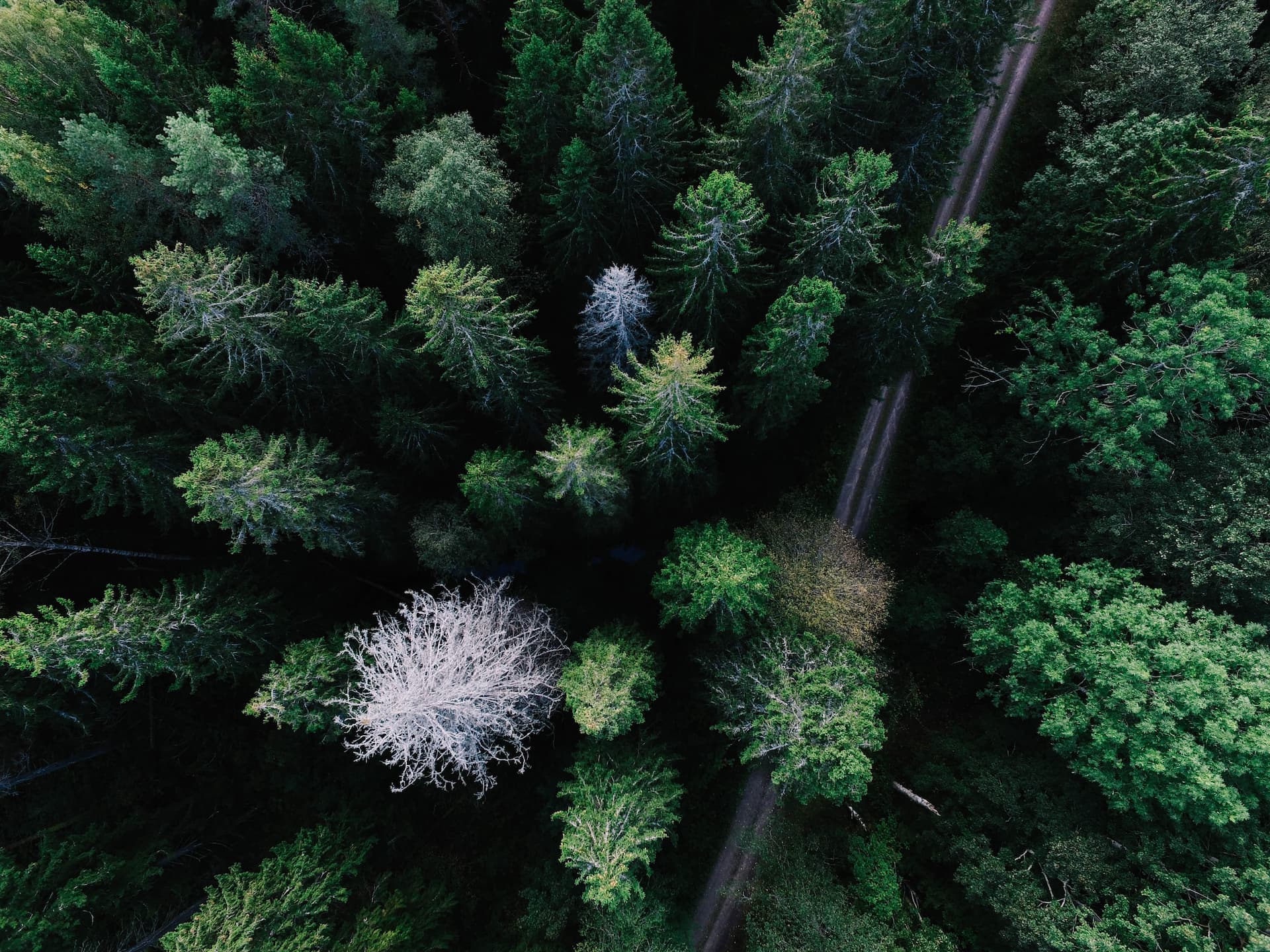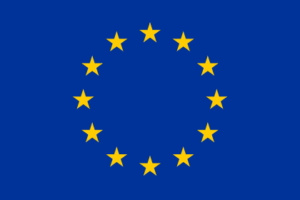Authors: Reidun Norvoll
Handbook of Youth Social Citizen Science (Borgström, D., Canto-Farachala, P., Hagen, A. L., Norvoll, R., Rådmark, L. & Lorenzen, S.B. (Eds.). (2024). Handbook of Youth Citizen Social Science. Working with Young People and the Local Community for Social Change. Zenodo. https://doi.org/10.5281/zenodo.10566411)
Documentation of Research, Data and Findings
Questions concerning documentation in citizen social science are multifaceted with no ‘one-size-fits-all’ approach. It depends on the aim of the study and is also related to what you understand as data, data quality and scientific knowledge generation. As mentioned, citizen science in the social sciences differs from the natural sciences. For example, the observation of bird species is more easily separated from the human observer as an object for data collection and analysis than when an interacting social actor observes other social actors (Heiss & Matthes, 2017). There is also a more blurred distinction between scientific and lay knowledge. This blurriness is even more prevalent in co- creative citizen social science projects which focus on mutual knowledge sharing and knowledge generation The special nature of social science research will impact methodological approaches, analysis, and documentation practices in citizen social science (Purdam, 2014). Yet, documentation of research is still important for scientific quality and trust in citizen social science. Youth citizen social science should therefore follow the scientific standards related to the different approaches and methods in the social sciences, being qualitative or quantitative. These overall standards include for example choice of best data type for the research goal, accuracy, consistency, relevance, representation, reliability and validity of the collected data and data analysis (Balázs et al., 2021; Gold et al.,2023). While qualitative research is typically less concerned about biased data, it remains crucial to maintain reflexivity and transparency regarding how various factors, such as the research context, participant selection, and the backgrounds and perspectives of researchers and young citizen scientists, may influence the documentation of research. Reflexivity also entails continuously evaluating the advantages and limitations of data documentation and the potential for drawing conclusions. Even though co-creative citizen social science employs more interactive and flexible research approaches, it is beneficial to begin considering and defining the methodological approach and data types being utilised, along with the reasons behind these choices. It is essential to continuously document these decisions from the outset, as this documentation will aid in later phases of the research and in the writing of scientific publications (Gold et al., 2023). Try to ask and answer the following questions:
- Which participants are included in the project, and why?
Are there any important participants missing?
How does the sample of participants impact your project? - What methods and tools are being used for data collection, and why?
- Are any physical or technical support tools, such as an App, being utilised?
- What is the social and cultural context for your data? For instance, which location have you chosen for the study? Is your data geo-localised?
How does the context influence the study and its findings? - What is the current (and anticipated) geographical coverage?
(Inspired by Gold et al., 2023)
Many discussions in and around citizen science concerns data quality and challenges related to a perceived lack of procedures for data recording and documentation (Balázs et al., 2021; Gold et al., 2023). The YouCount project also found it difficult to agree on a shared documentation system for the multiple case studies. The researchers had different backgrounds, which made it challenging to find good documentation procedures. Some were also not used to document qualitative and observational research. The focus on flexibility and co-creative activities added to the challenge. Additionally, the work-intensive nature of co-creative activities left little time for documentation work during the implementation phase. The absence of comprehensive documentation from the outset and throughout the early research activities can pose challenges later, in recalling the specific content of stories and conversations during the data analysis phase. In YouCount, a lack of detailed documentation resulted in varying levels of data detail, which made the cross-case analysis more challenging. It is therefore advisable to consider and decide upon documentation procedures at an early stage and to allocate time for thorough documentation of your experiences and research data during the implementation phase.
Possible Methods for Data Documentation in Youth Citizen Social Science
- Audio recording and transcripts, which can include automatic transcription or language translation.
- Field notes; develop a template for field notes to ensure systematic recording and consistency across project partners.
- Case descriptions in standardised poster templates
(Norvoll et al. 2022 D2.2).
- Templates for summarising experiences, with guidance from the responsible research team on what should be included.
(Case summary reports,: Pataki et al., 2023A and Pataki et al., 2023B).
- Minutes from meetings; summarising the actual findings and discussions while you have it fresh in your mind.
- Matrices.
- Questionnaires, surveys, or forms.
- Evaluation forms, capturing takeaways from meetings.
- Pictures or recordings.
- Digital devices such as an app.
Other Documentation Practices in Citizen Social Science
The participatory and collaborative nature of citizen (social) science creates a need to apply a broad and more pragmatic approach to documentation practices and means for communicating the research (Meyer, 2021). While scientific publications are important for professional researchers, lay people are not educated for scientific writing or may be not interested in writing up the research and innovation activities in terms of scientific papers. They may prefer spending their free time on something that is more fun or creative. A broad perspective on documentation is even more important in inclusive youth citizen social science that is trying to engage young people and communities often further away from the scientific culture. Documentation in citizen science is found to consist of different practices and various formats such as inventorying, writing, translating, listing, drawing, picturing, illustrating, filming, editing, narrating, publishing (Meyer, 2021). These may have different objectives and functions and combine two different genres: technical and factual descriptions and poetic and aesthetic narration, with personalised accounts, humour, and dramatisation. All these methods may be relevant in a youth citizen social science project.
Through YouCount, we also tried out different documentation methods form youth citizen social science which may be relevant in other projects. These are elaborated on in the Communication paper. The documentation methods had considerable value in creating more understanding and insights into young people’s perspectives, experiences and research processes when conducting youth citizen social science. They were also important for the young citizen scientists’ engagement in science because they were more playful and enjoyable and less dependent on science expertise for communicating and dissemination of findings (Lorenz et al., 2023; Meyer, 2021). Such documentation methods, for example a physical exhibition, were also helpful to increase interest in the project and findings among busy stakeholders because they were more vivid and easier to grasp than scientific papers. The work with the exhibition in relation to the final conference was also useful to strengthen collaboration in the team, create safety for the young citizen scientists and enable more safe ways of communicating research in an European setting.
Vohland, K., Land-zandstra, A., Ceccaroni, L., Lemmens, R., Perelló, J., Ponti, M., Samson, R., & Wagenknecht, (2021). The Science of Citizen Science (1st Edition 2021 ed.). Cham: Springer Nature.
https://doi.org/10.1007/978-3-030-58278-4
Meyer, M. (2021). Experimenting and documenting low tech. Technology analysis & strategic management, 33(10), 1147-1158. https://doi.org/10.1080/09537325.2021.1914834
Irwin, A. (1995). Citizen science : a study of people, expertise, and sustainable development. Routledge.
Gold, M., Arisis, R., Haklay, M., Irwin, A., Mazzonetto, M., Meijer, I., Radicchi, A., Leo, G., & Arentoft, M. (2023). Mutual Learning Exercise on Citizen Science Initiatives – Policy and Practice. Final Report.
User Type
- Citizen scientist/civil society organization
- Researcher/research institution
- Teacher/school
Resource type
- Getting started
- Projects/project examples
- Step by step guides
Research Field
- Political sciences
- Sociology



